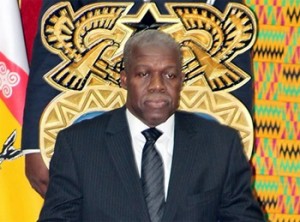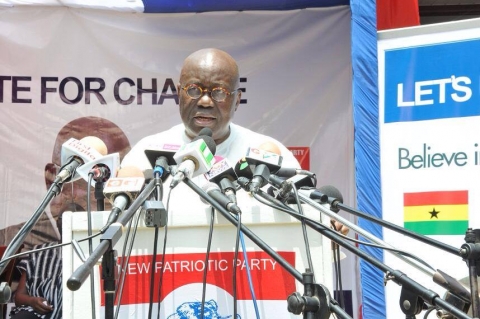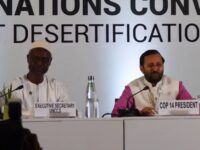 The Vice-President, Mr Kwesi Bekoe Amissah-Arthur, has met with captains of Indian industry and assured them that Ghana welcomes investors whose operations will add value to the country’s primary commodities.
The Vice-President, Mr Kwesi Bekoe Amissah-Arthur, has met with captains of Indian industry and assured them that Ghana welcomes investors whose operations will add value to the country’s primary commodities.
He said the production of value added commodities and products for exports would boost Ghana’s exports earnings, as well as enable investors to expand their capacities to offer more employment opportunities for the people.
Addressing Chief Executive Officers (CEOs) of Indian manufacturing and commercial concerns at the headquarters of the Confederation of Indian Industry (CII) in New Delhi last Tuesday, Mr Amissah-Arthur said Ghana had taken a bold and decisive decision to diversify its economy by adding value to products for the local and external markets.
The Vice-President, who was accompanied by the Minister of State responsible for Private Sector Development, Mr Rashid Pelpuo, and Ghana’s High Commissioner to India, Mr Sam Pee Yalley, said it was becoming increasingly dangerous for the country to rely solely on the export of materials in their raw form into the foreseeable future.
Mr Amissah-Arthur said considering the manipulation of prices of raw materials on the world market, resulting in dwindling receipts for the country and throwing overboard projected government budgets, it had become imperative for Ghana to diversify its economy to meet the rising expectations of the people.
Mr Amissah-Arthur drew the attention of the gathering to the political stability which Ghana had enjoyed over the past 22 years, a veritable factor which he said made the country a preferred destination for Indian investment in the West African sub-region.
The Vice-President said the country was also diversifying its energy mix to provide uninterrupted electricity for industry and commerce.
He added that although Ghana was faced with financial challenges, it was doing its best to mobilise resources for road rehabilitation and expansion, rail and air network in the country.
The Vice-President also welcomed investment in the infrastructural sector, which he said required $1.5 billion annually for the next decade, in order to fix the sector to facilitate the progress and development of the country.
Mr Amissah-Arthur told the CEOs that the country had fertile lands, massive water bodies and untapped and abundant mineral resources, stressing that Indian businessmen could invest in the agricultural, mining and fishing sectors and receive maximum returns on their investment.
On Ghana’s oil and gas industry, the Vice-President said the sector offered ample opportunities for investors, who could also invest in its ancillary concerns such as fertiliser manufacturing.
The Deputy Chairman of the CII, Mr Sanjay Kirloskar, said Indian businessmen acknowledged Ghana’s economic potential, for which reason members would liaise with the appropriate authorities in the country to explore investment opportunities




